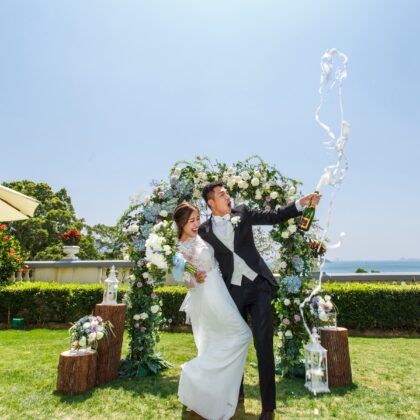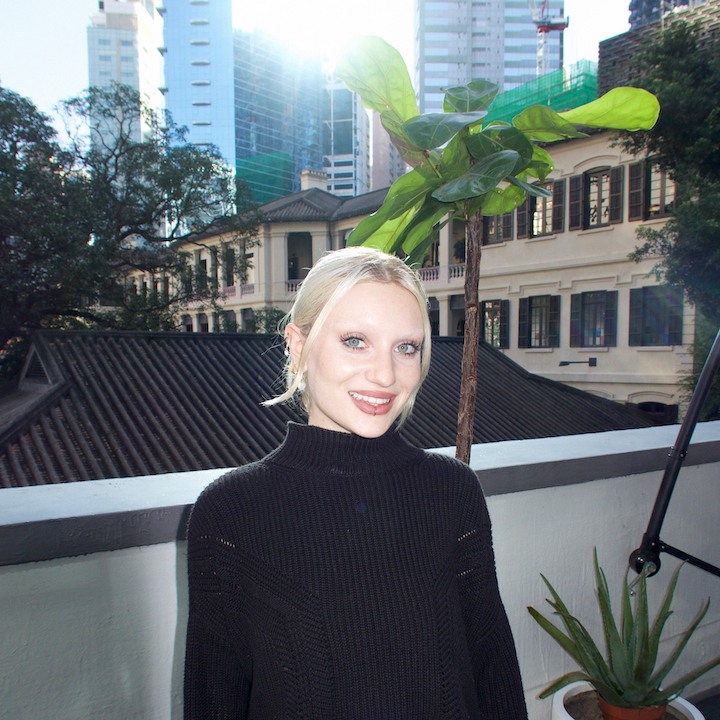Explore the remnants of the infamous Kowloon Walled City, now home to Hong Kong’s very own “Little Thailand”!
If you recently saw Twilight of the Warriors: Walled In, you may be itching to explore the area that inspired it. If so, let us introduce you to Kowloon City! This lively neighbourhood is brimming with character, from mouthwatering eats and hidden noodle joints to charming bakeries, quirky cafes and some of the best Thai and Halal food in the city. From the historic Kowloon Walled City Park to delicious food adventures, we’ve rounded up all of our favourite spots to help you dive into this vibrant corner of Hong Kong.
Sassy Tip: Head to AIRSIDE before 13 April to catch an immersive exhibition dedicated to Twilight of the Warriors, which restores the full film set!
Read More: Your Neighbourhood Guide To Jordan & Yau Ma Tei
Jump To:
How To Get To Kowloon City
Kowloon City Restaurants & Bakeries
Kowloon City Cafes & Bars
Things To Do In Kowloon City
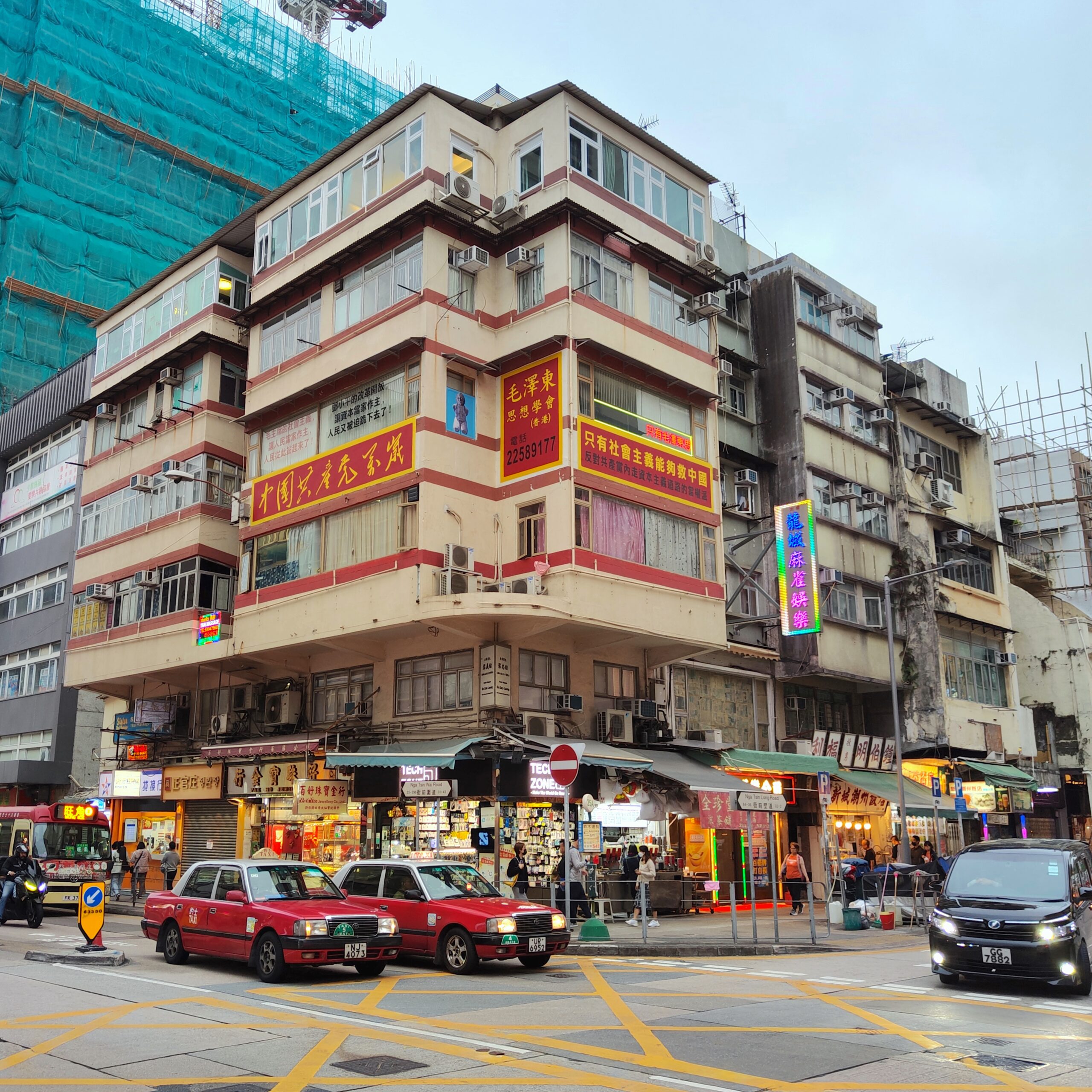
How To Get To Kowloon City
The easiest way to get to Kowloon City is by public transport, and thankfully there are plenty of convenient options to choose from! Here’s how you can get there:
- MTR to Lok Fu Station (Kwun Tong Line): Take Exit B, then hop on a short taxi ride or walk approximately 15–20 minutes to the heart of Kowloon City.
- MTR to Sung Wong Toi Station (Tuen Ma Line): Take Exit B3 and you’ll find yourself just a few minutes’ walk from Kowloon City’s main streets, perfect for diving straight into all the action!
- Bus options:
- Bus 1 or 1A: Runs from Tsim Sha Tsui Ferry Pier and takes you right into Kowloon City.
- Bus 106: A great option if you’re coming from Hong Kong Island, as it travels from Central and Admiralty through the Cross-Harbour Tunnel.
- Bus 2F: Convenient if you’re starting from Mong Kok or Yau Ma Tei.
- Bus 113: Ideal for those traveling from Causeway Bay or Wan Chai.
Kowloon City Restaurants & Bakeries

Amporn Thai Food
Housed in Kowloon City’s cooked food centre, famed for purveying some of the highest quality produce in town, Thai dai pai dong Amporn Thai offers beloved regional dishes at reasonable prices. The menu is especially well-suited to larger parties with diverging tastes, and covers all the bases: tom (boiled dishes), yam (spicy salads), tam (pounded foods) and gaeng (curries). For dessert, Amporn’s rendition of mango sticky rice is the crème de la crème. Compared to the boxed varieties stacked across Little Thailand, this version is thoughtfully composed and includes both white and black glutinous rice — the latter, tinged a deep amethyst, lends rich and nutty undertones to this summery sweet treat!
Amporn Thai Food, Shop 9, 3/F, Kowloon City Municipal Services Building, 48 Hau Wong Road, Kowloon City, Kowloon, Hong Kong, 2383 1700
Read More: Where To Find Authentic Thai Food In Hong Kong

Kwai Yue Zai Wo Kee Lung
Kowloon City earned the nickname “Little Chaozhou” after a wave of immigrants settled there post-war, filling the streets with their dialect and delicious Chaozhou-style restaurants. While the Teochew population has dwindled over the years due to the demolition of the Walled City and the airport’s relocation, the district still holds onto its cultural roots. Kwai Yue Tai Wo Kee Lung is a bakery doing exactly that, and it’s the perfect spot to snag a sugar cake or coconut-coated sweet treat!
Kwai Yue Tai Wo Kee Lung, 59 South Wall Road, Kowloon City, Kowloon, Hong Kong, 2382 1673
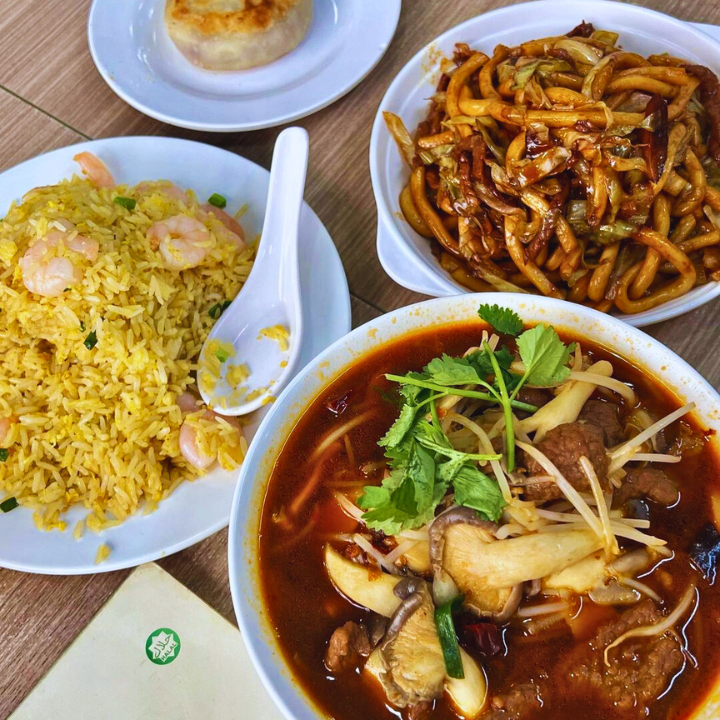
Islam Food Since 1950
A long-standing Muslim-owned restaurant started by Old Mr Ma, Islam Food is one of the last halal Northern Chinese-style places left in Hong Kong. While Ma’s Restaurant tended towards Uyghur-style meals, Islam Food takes inspiration from all of Mainland China, with Hui Muslim leanings. You’ll see plenty of halal signage everywhere, and the menu features delectable beef and veal dishes (the pan-fried beef buns are widely popular!), spicy soups and a variety of rice and noodle options.
Islam Food, 1 Lung Kong Road, Kowloon City, Kowloon, Hong Kong, 2382 2822
Islam Food, 33-35 Tak Ku Ling Rd, Kowloon City, Kowloon, Hong Kong, 2382 1882
Read More: Halal-Certified Restaurants & Eateries In Hong Kong

Banh Mi Bakery
Here’s an underrated gem for you: affordable and delicious banh mi in the heart of Kowloon City! The menu has a ton of Vietnamese dishes beyond the popular sandwich, but it’s obviously best known for the banh mi. There’s 11 different filling options (from classic pâté to more original choices like curry chicken), customisable spice levels and add-ons like extra pate, avocado and cheese! Unfortunately, though, there aren’t any veg banh mi options, so if you don’t eat meat, this is definitely one to skip!
Banh Mi Bakery, 49 Lung Kong Road, Kowloon City, Kowloon, Hong Kong, 2360 2883
Read More: Team Sassy’s Favourite Banh Mi Spots
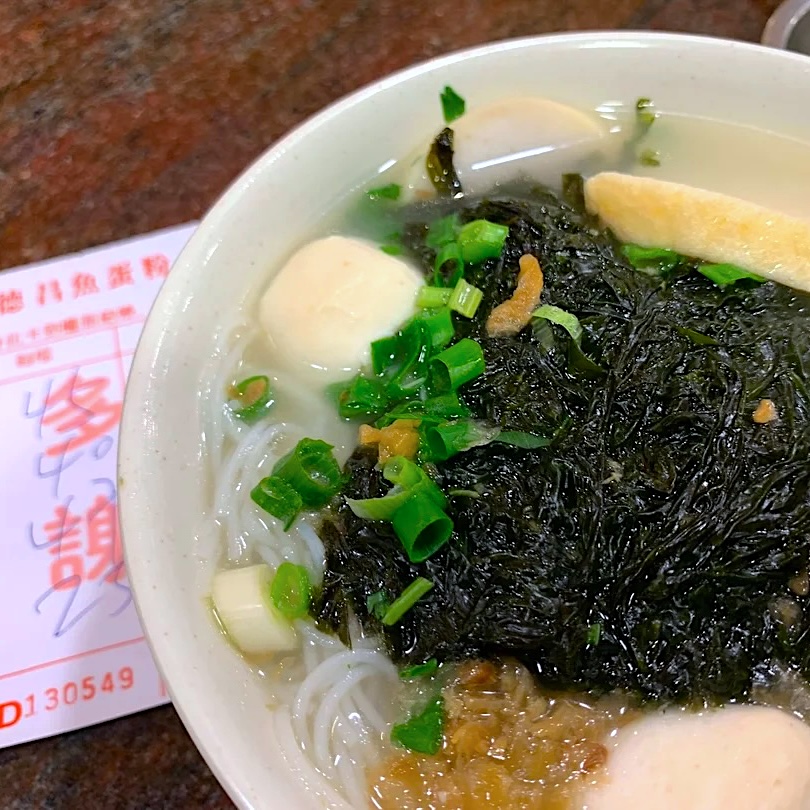
Tak Cheong Noodle
This Hong Kong-famous noodle shop is well hyped, and for good reason. There’s nearly always a queue for the super affordable joint, but it’s worth the wait! We highly recommend trying out the signature dish: bouncy, handmade fishballs and fishcake with noodles in a rich comforting broth.
Tak Cheong Noodle, G/F, Comfort Court, 88 Fuk Lo Tsun Road, Kowloon City, Kowloon, 2718 3838
Read More: The Top Five Places To Get Cart Noodles In Hong Kong

Hoover Cake Shop
There’s no place like Hoover Cake Shop if you’re in the mood for a classic Hong Kong-style baked good. The place has been around since the 1970s, so their buttery, flaky egg tarts are baked in traditional moulds, and their retro cakes are truly nostalgic. We also recommend the pandan sponge cake, coconut cream bun and red bean biscuit for those that like more traditional flavours!
Hoover Cake Shop, 136 Nga Tsin Wai Road, Kowloon City, Kowloon, Hong Kong, 2382 0383
Read More: The Ultimate Egg Tart Hierarchy In Hong Kong

Sanpokong Golden Thai BBQ
There’s a whole lot of options at this humble Thai spot in Kowloon City, but it’s really known for its barbecue skewers — especially the BBQ chicken wings and BBQ Thai sausage. Each skewer has about six pieces of meat, and prices are as low as $15!
Golden Thai BBQ, Shop C, G/F, Prince Mansion, 386A–B Prince Edward Road West, Kowloon City, Kowloon, Hong Kong, 2383 8273
Read More: Your Guide To Hong Kong Street Food
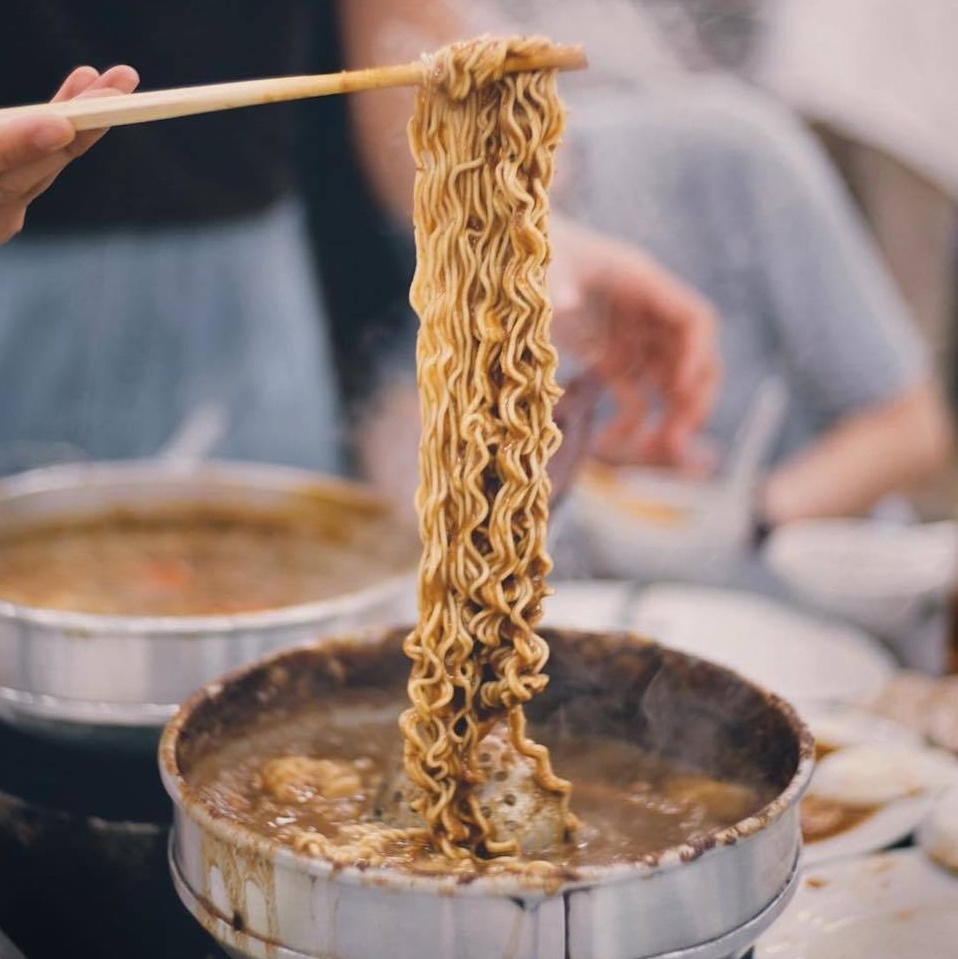
Fong Wing Kee
This legendary Kowloon City hotpot and satay noodle spot has been serving up deliciousness since 1952! Their signature satay broth is thick, creamy, and packed with sweet, peanut-y flavour, making it more like a rich stew than a soup, and everything you cook in it gets coated in that incredible sauce. Don’t miss their fresh and tasty must-tries like lotus root slices, oysters, hand-cut beef and crispy fried fish skin. Finish it off with some instant noodles, thinly-sliced beef, and an ice-cold drink for the ultimate hotpot experience!
Fong Wing Kee, G/F, Goldfield Mansion, 85-87 Hau Wong Road, Kowloon City, Kowloon, Hong Kong, 2382 1788
Read More: The Top Hot Pot Spots In Hong Kong
Kowloon City Cafes & Bars
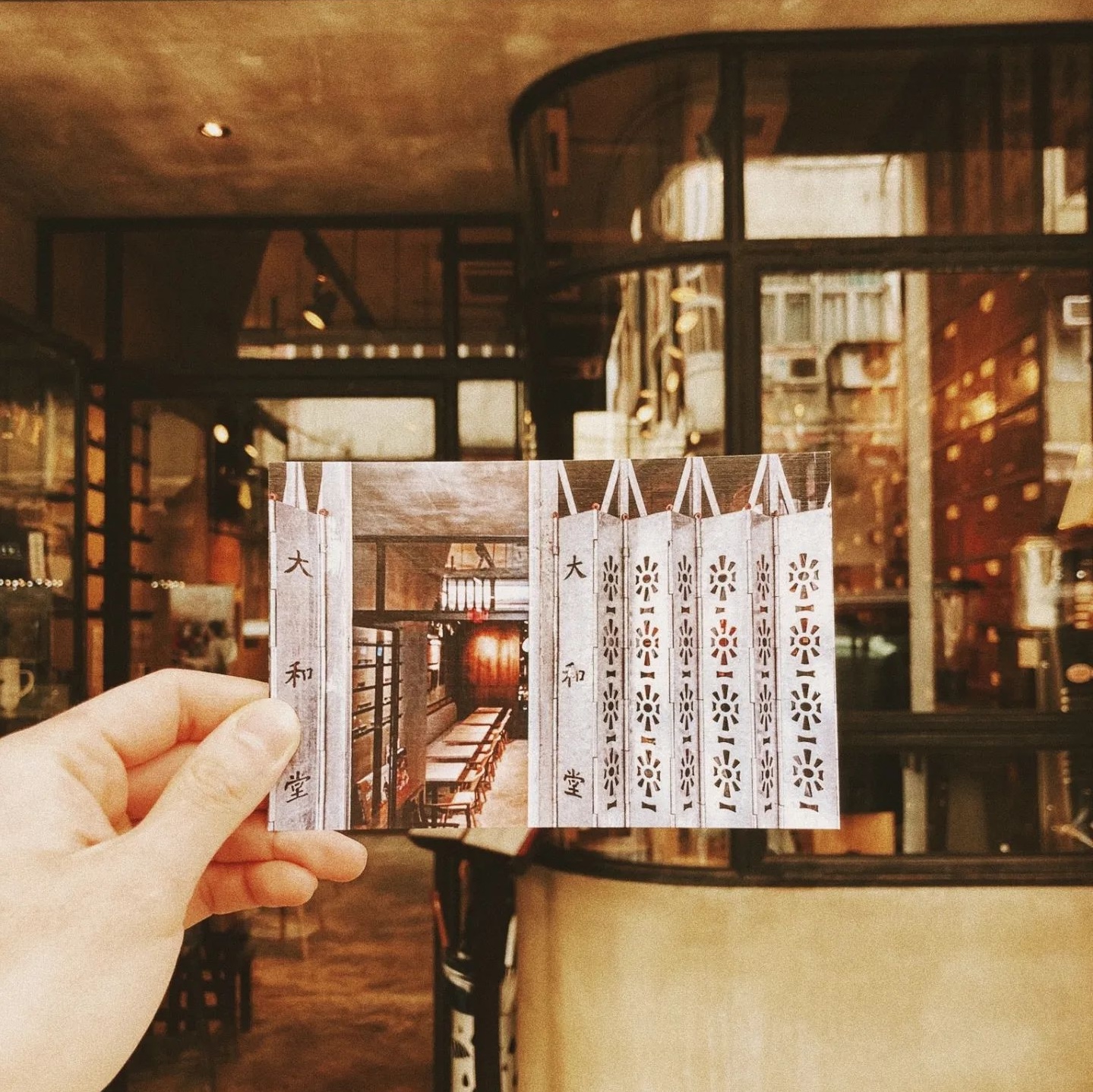
Tai Wo Tang Cafe
Once a Traditional Chinese Medicine clinic, Tai Wo Tang has revitalised this nearly century-year-old building and turned it into a Western-style cafe — with a little bit of Hong Kong cuisine sprinkled in! You’ve likely seen the fried chicken and Cantonese egg waffles on Instagram (weird in the best way), and another popular choice is the homemade pineapple bun with foie gras — the latter is good, but a little overwhelmingly rich, in our opinion.
Tai Wo Tang Cafe, 24 Nga Tsin Long Road, Kowloon City, Kowloon, Hong Kong, 2623 2006
Read More: Where To Go For Traditional Chinese Medicine & Alternative Therapy
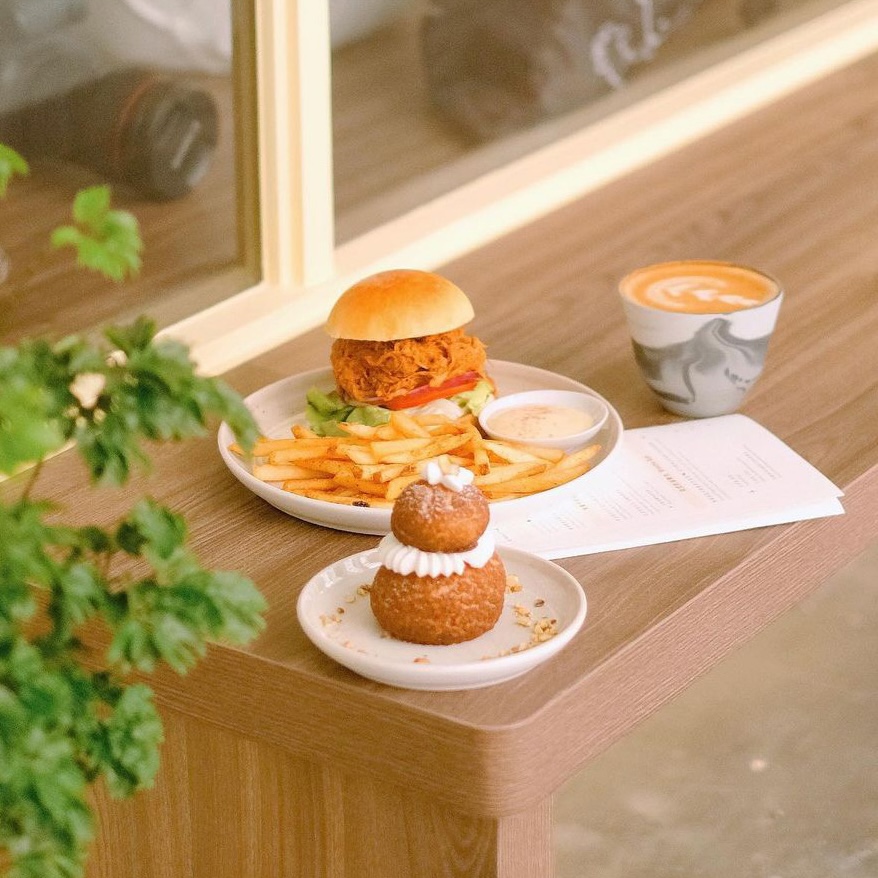
YOI Coffee & Bakery
Yoi Coffee & Bakery is a cosy little café known for its handmade pastries and baked goods. They serve up coffee made with single-origin espresso beans from Australia’s Dukes Roasters, ensuring top-notch flavour in every cup. Don’t miss their desserts, especially the pistachio-filled religieuse à la pistache — a dreamy two-tiered choux pastry!
YOI Coffee & Bakery, 20 Lung Kong Road, Kowloon City, Kowloon, Hong Kong
Read More: Our Favourite Bakeries In Hong Kong
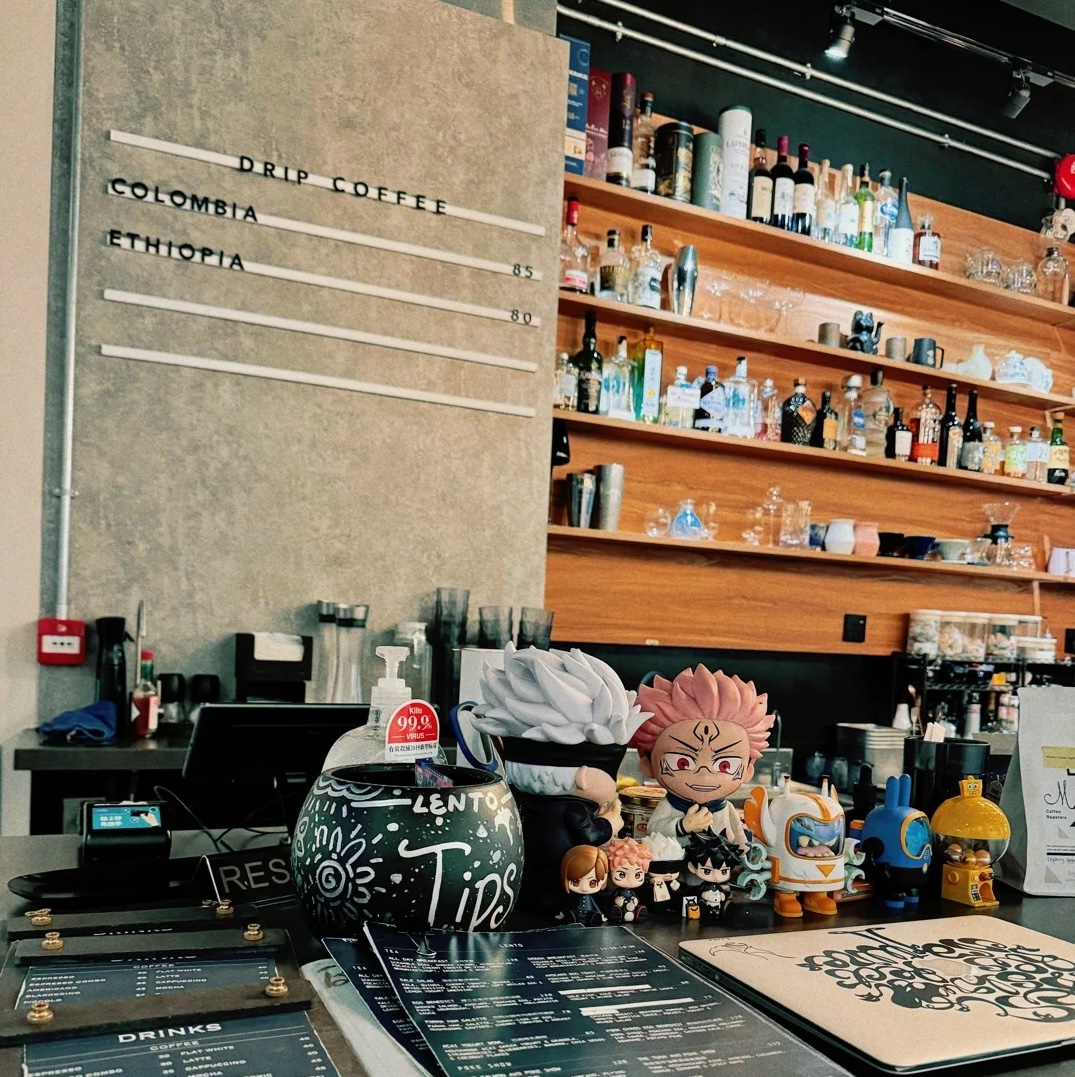
Lento
Another Western-style cafe in Kowloon City, Lento is a cutesy and Instagrammable spot with a solid selection of drip coffees. The food is not bad, although a tad on the pricey side — we will say, if you’re hungover and in need of a pick-me-up, the $138 “all day breakfast” (scrambled eggs, smoked salmon, salad, focaccia, has brown, sausages and bacon!) is pretty great.
Lento, G/F, 428 Prince Edward Road West, Kowloon City, Kowloon, Hong Kong, 5247 6077
Read More: How To Survive A Hong Kong Hangover
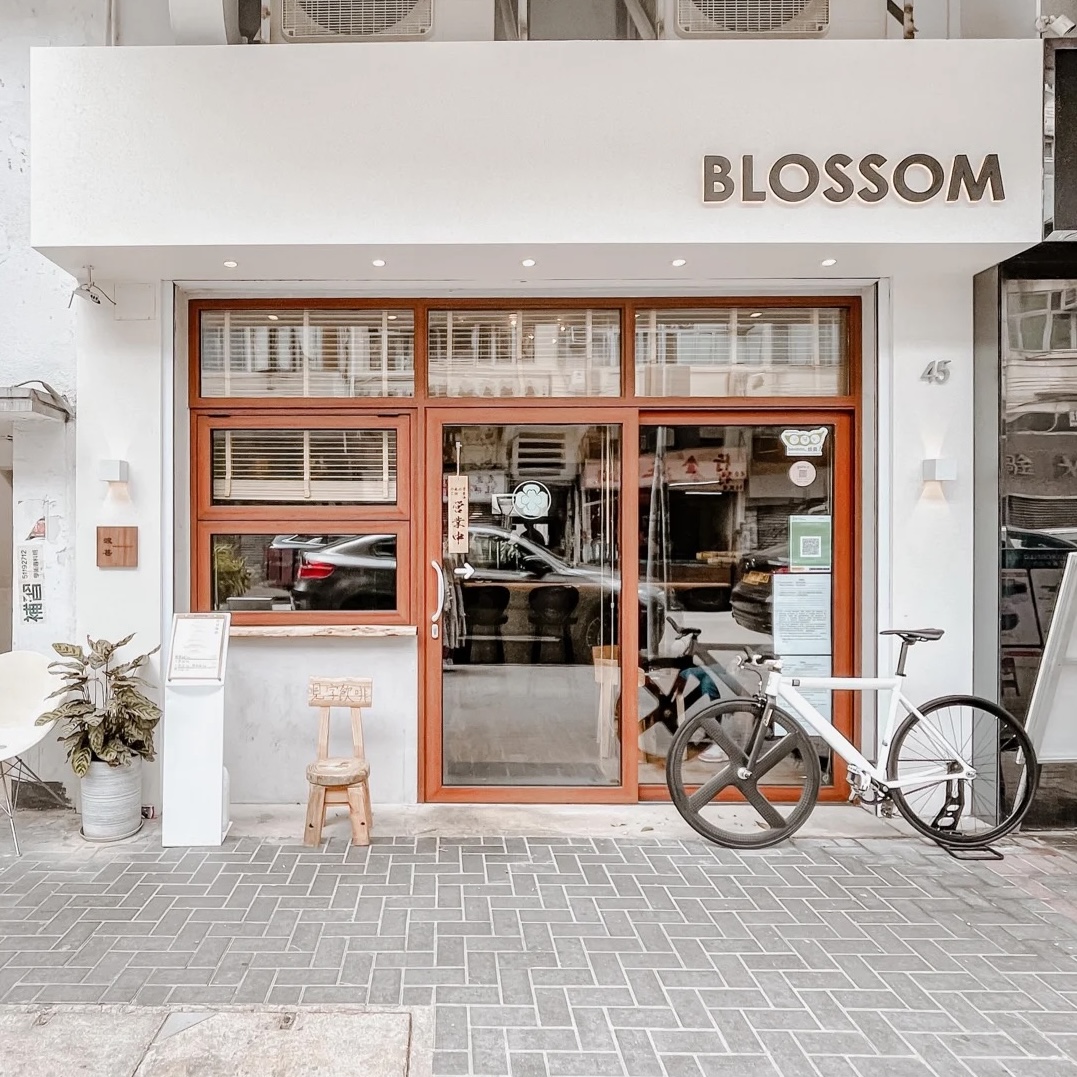
Blossom
It’s hard to capture the vibe of this place in words and images, but imagine if a knick-knack filled speakeasy bar and a minimalist Tokyo-style cafe had a baby. Well, that’s Blossom! The Kowloon City location is actually its second venue (the first is near HKU), and it does not disappoint — especially if you’re craving tiramisu.
Blossom, G/F, 45 Nam Kok Road, Kowloon City, Kowloon, Hong Kong, 5247 6077
Read More: The Best Wifi-Friendly Cafe Spots In Hong Kong
Things To Do In Kowloon City
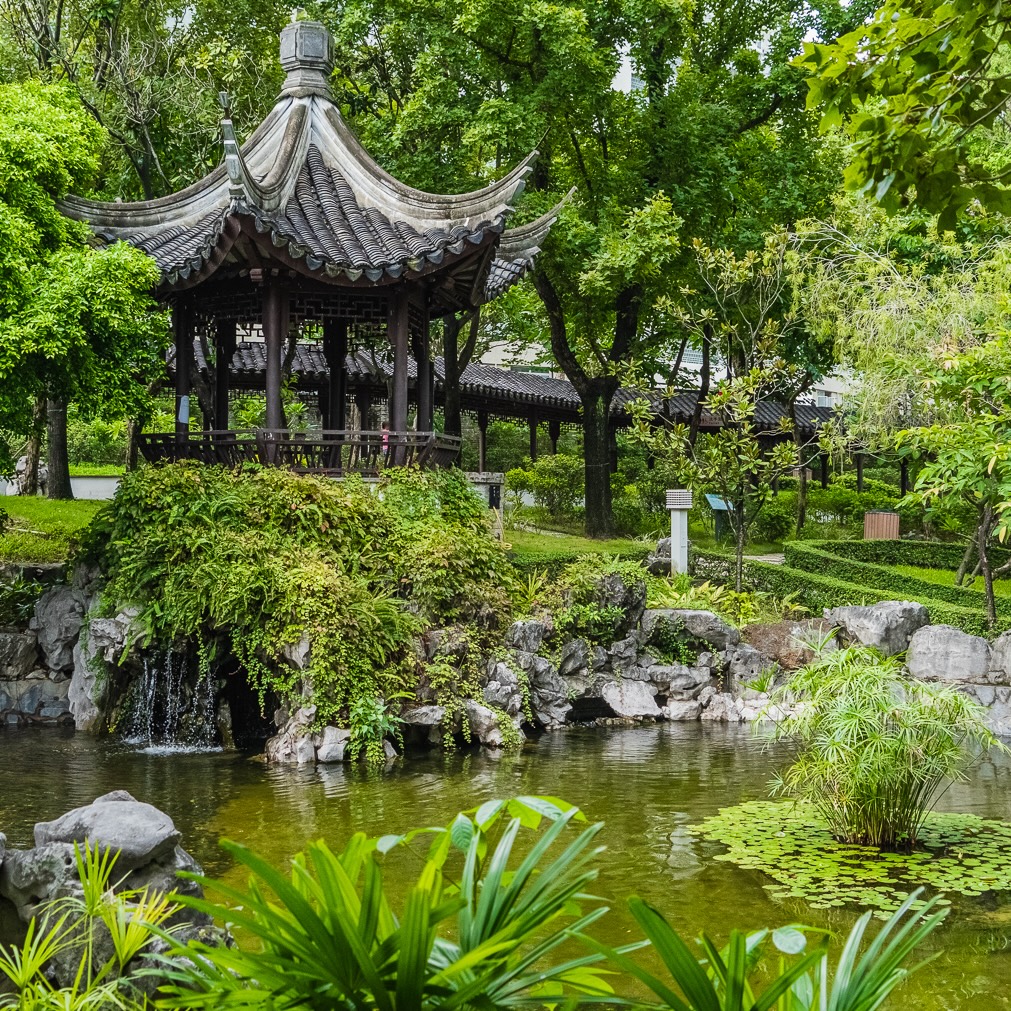
Kowloon Walled City Park
Walk off your food coma in Kowloon Walled City Park — the official remnants of the infamous Kowloon Walled City! Originally, this site was home to a number of lawless dwellings, packed residences and factories, essentially operating as a sovereign city. The area was completely turned over during the 90’s and now houses this stunning, 31,000-square-metre Chinese garden. Set among waterfalls and pavilions, it’s the perfect spot to wander around and while away a few hours – weather permitting of course!
Kowloon Walled City Park, Tung Tsing Road, Kowloon City, Kowloon, Hong Kong
Read More: The Top 20 Tourist Attractions In Hong Kong
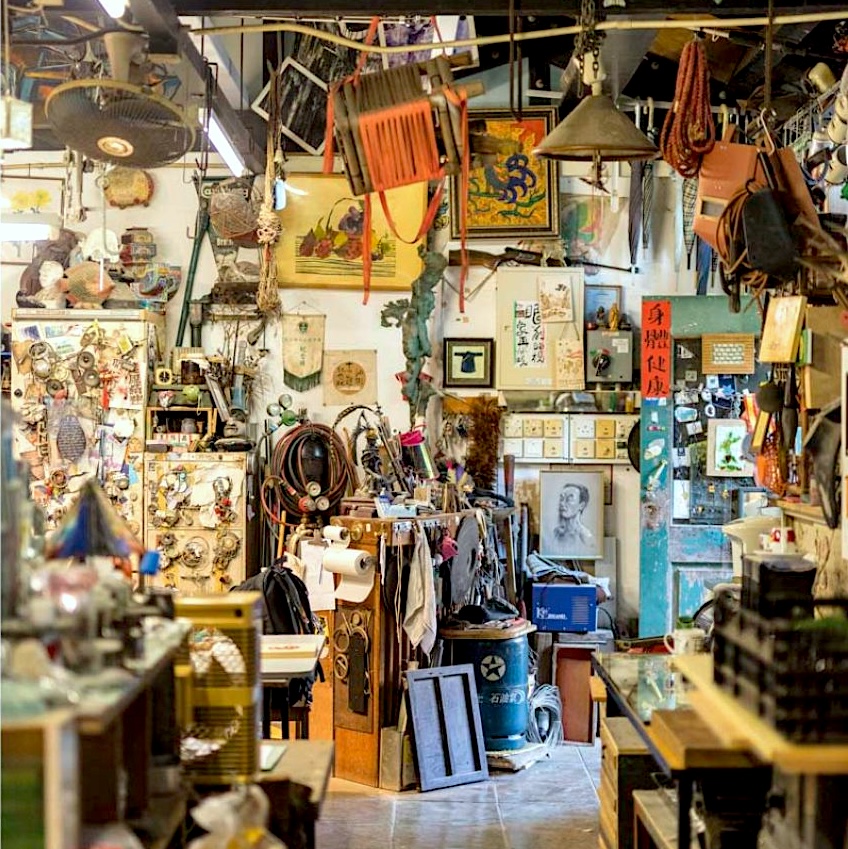
Cattle Depot Artist Village
This Grade II historical building used to be the community slaughterhouse, however it’s had a much-needed renovation since then and has been turned into a village for artists. Distinctive red brick and pointed roofs tiled in Western style surround the complex, which is s now home to around 20 art groups. They hold regular exhibitions with both local and international art, alongside concerts and theatrical performances!
Cattle Depot Artist Village, 63 Ma Tau Kok Road, To Kwa Wan, Kowloon, Hong Kong
Read More: Where To Buy Affordable Hong Kong-Themed Wall Art

AIRSIDE Shopping Mall
Airside opened its doors September 2023, bringing a new designated landmark to Kowloon City! Designed by the architecture firm Snøhetta, this massive complex includes a lively shopping mall with restaurants, cafes, trendy stores and unique entertainment options, including an indoor surfing restaurant.
AIRSIDE, 2 Concorde Road, Kai Tak, Kowloon, Hong Kong
Read More: New Beauty Buys In Hong Kong This Month

Kowloon City Wet Market
Rumour has it that this is one of the best wet markets in the city! Certainly one of the biggest wet markets in Hong Kong, you’ll get a good dose of old school Hong Kong at one of the 500+ stalls. From vegetables to high grade cuts of American beef, you’ll head home bags a-brimming.
Kowloon City Wet Market, 100 Nga Tsin Wai Road, Kowloon City, Kowloon, Hong Kong
Read More: Your Guide To Wet Market Shopping In Hong Kong
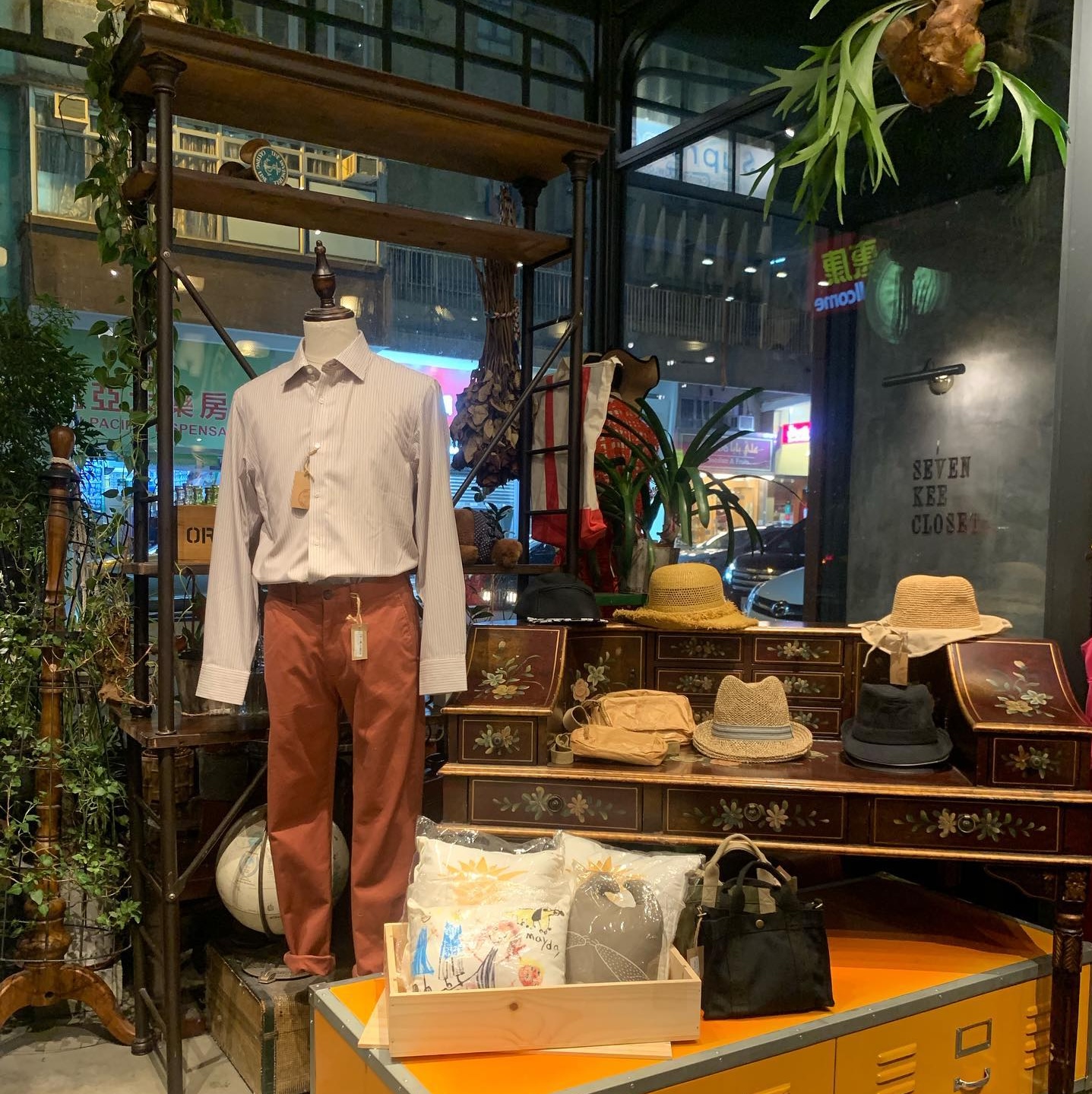
Seven Kee Closet
While Kowloon City has become a foodie destination, it’s not all noodles and egg tarts. Check out Seven Kee Closet, a small fashion outlet selling the best of vintage designs. It’s hard to walk out of here without a new statement piece – you’ve been warned!
Seven Kee Closet, 50-52, Lion Rock Road, Kowloon City, Kowloon, Hong Kong
Read More: Where To Find Second-Hand & Vintage Clothing In Hong Kong
Main image is AI generated, courtesy of Dream Imaginations, image courtesy of gionnixxx via Getty Images, image courtesy of Amporn via Google Reviews, image courtesy of Kowloon City Walking Trail, image courtesy of azzainthekitchen via Instagram, image courtesy of Banh Mi Bakery via OpenRice, image courtesy of Tan Cheong Noodles Via OpenRice, image courtesy of Kowloon City Walking Trail, image courtesy of @hktablefor2, image courtesy of Tai Wo Tang Cafe via Facebook, image courtesy of HK Travel, image courtesy of Lento via OpenRice, image courtesy of Blossom via OpenRice, image courtesy of Greening HK, image courtesy of Cathay Pacific, image courtesy of Snohetta,



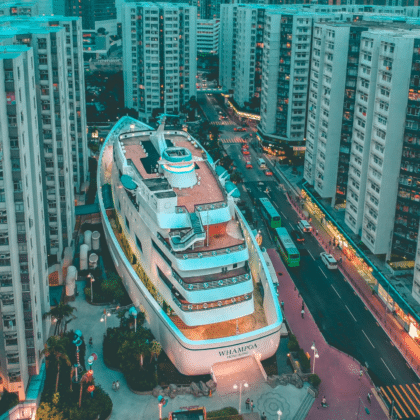

 Eat & Drink
Eat & Drink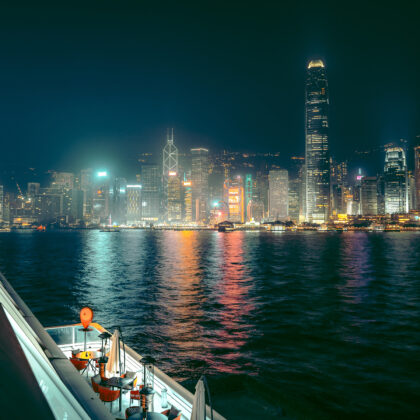
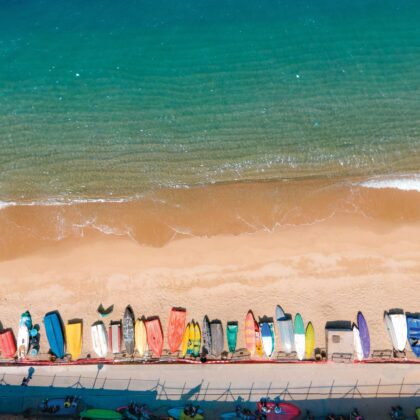
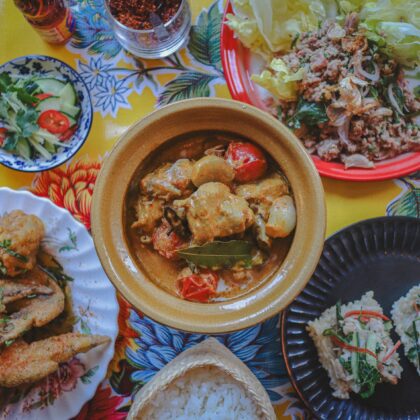

 Travel
Travel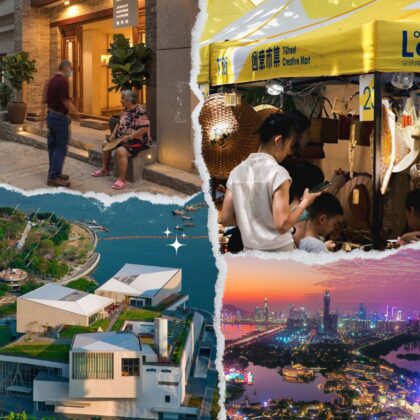


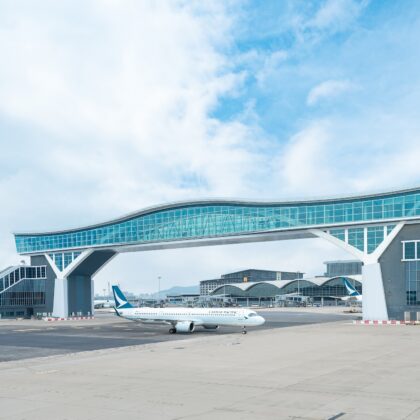
 Style
Style



 Beauty
Beauty



 Health & Wellness
Health & Wellness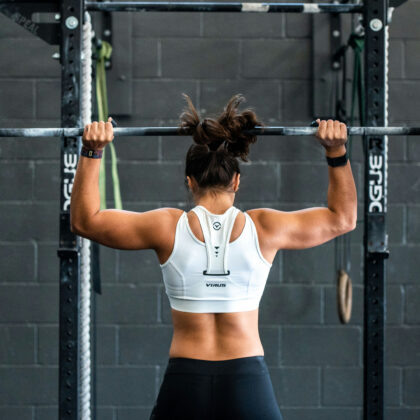



 Home & Decor
Home & Decor



 Lifestyle
Lifestyle


 Weddings
Weddings

